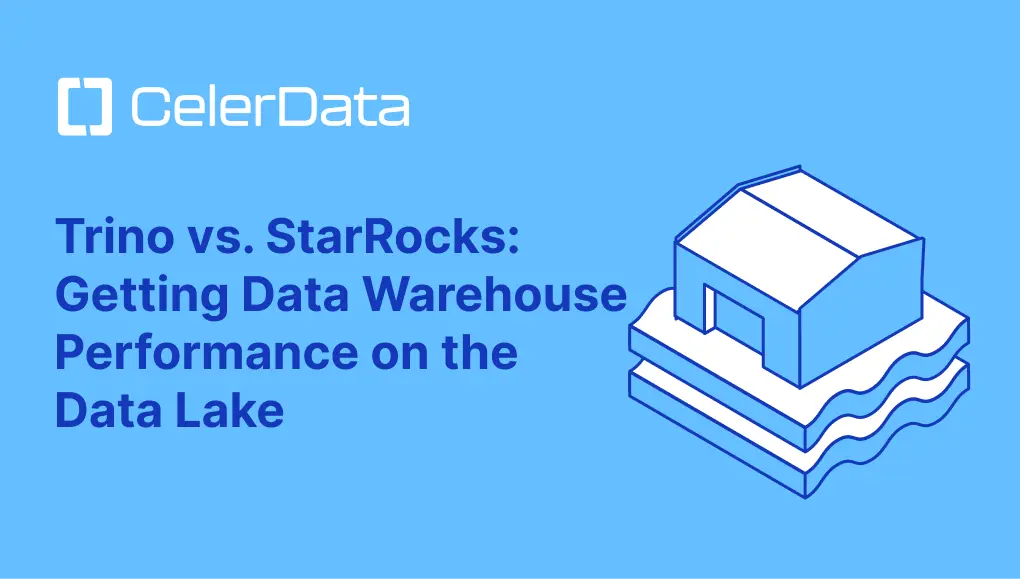
Electronic Communications Privacy Act (ECPA)

Join StarRocks Community on Slack
Connect on SlackWhat Is the Electronic Communications Privacy Act (ECPA)
Overview of the ECPA
Purpose and Scope
The Electronic Communications Privacy Act (ECPA) protects your privacy in electronic communications. Congress enacted the law to safeguard email, phone conversations, and data stored electronically. The ECPA ensures protection during transmission and storage on computers. You gain security from unauthorized interception and monitoring.
Key Definitions
Understanding key terms helps you grasp the ECPA's scope. Wire communications involve any aural transfer using wire, cable, or similar connection. Oral communications refer to spoken words in person. Electronic communications cover data transfer via electronic systems. These definitions clarify what the ECPA protects.
Historical Background
Legislative History
Congress passed the ECPA in 1986. Lawmakers recognized the need for privacy in the digital age. The act extended restrictions on government wiretaps to include electronic communications. This move modernized privacy protections.
Amendments and Updates
The ECPA has undergone amendments to address technological advancements. Updates include the Stored Communications Act and the Pen Register Act. These additions further define legal access to electronic communications. Changes reflect ongoing efforts to balance privacy with law enforcement needs.
Key Provisions of the ECPA
Title I - Wiretap Act
Prohibitions and Exceptions
The Wiretap Act prohibits unauthorized interception of wire, oral, or electronic communications. Law enforcement must obtain a court order to intercept communications legally. Exceptions exist for consent from one party involved in the communication. Emergency situations may also allow interception without prior approval.
Legal Implications
Violating the Wiretap Act carries severe penalties. Individuals face fines and imprisonment for unauthorized interception. Law enforcement agencies must adhere to strict guidelines to avoid legal consequences. Compliance ensures protection of personal privacy.
Title II - Stored Communications Act
Access and Disclosure Rules
The Stored Communications Act regulates access to stored electronic communications. Service providers must protect stored electronic communications from unauthorized access. Law enforcement requires a warrant to access stored data. Exceptions include user consent or specific legal circumstances.
Impact on Service Providers
Service providers play a crucial role under the Stored Communications Act. Providers must comply with legal requests for data access. Failure to comply can result in legal action. Providers must balance user privacy with law enforcement needs.
Title III - Pen Register Act
Definition and Use
The Pen Register Act governs the use of pen registers and trap and trace devices. These tools record dialing, routing, and signaling information. Law enforcement uses these devices to gather non-content information. Court orders are required for their use.
Legal Requirements
The Pen Register Act imposes legal requirements on law enforcement. Agencies must demonstrate relevance to an ongoing investigation. Courts must approve the use of pen registers. Compliance ensures adherence to privacy standards.
ECPA Compliance and Business Implications
ECPA Compliance
Obligations for Companies
Companies must adhere to the Electronic Communications Privacy Act (ECPA) to protect privacy in electronic communications. Businesses need to ensure that unauthorized interception or monitoring does not occur. Companies must establish clear policies for handling electronic communications. Regular training sessions help employees understand their roles in maintaining ECPA compliance. Businesses must also implement robust security measures to safeguard stored electronic data.
Compliance Strategies
Developing effective strategies ensures ECPA compliance. Companies should conduct regular audits to assess compliance with the ECPA. Implementing advanced security technologies helps protect electronic communications from unauthorized access. Businesses must maintain detailed records of all communications to demonstrate compliance if required. Consulting legal experts ensures that companies stay updated on any changes to the ECPA. Companies can also use compliance software to streamline processes and reduce the risk of violations.
ECPA Compliance with GAT
Role of GAT Labs
GAT Labs provides essential tools for ensuring ECPA compliance. The company offers solutions that monitor employee communications and activities. These tools help promote a safe and secure work environment. GAT Labs ensures that businesses comply with the ECPA by protecting the privacy of covered communications. The company's solutions require consent from at least one party before monitoring communications. This approach aligns with the ECPA's requirements.
Google Workspace Integration
GAT Labs integrates its solutions with Google Workspace to enhance ECPA compliance. The integration allows businesses to manage electronic communications effectively. GAT Labs provides tools that monitor and analyze communications within Google Workspace. This integration ensures that companies adhere to ECPA regulations while using Google services. Businesses benefit from enhanced security and streamlined management of electronic communications. GAT Labs' solutions support Google Workspace Security by offering comprehensive monitoring capabilities.
Company Information:
-
GAT Labs plays a vital role in ECPA compliance.
-
Google Workspace Management Tools help businesses manage communications efficiently.
-
The GAT Labs Status Page provides updates on service availability.
Impact of the ECPA on Privacy and Security
Individual Privacy Rights
Protections Offered
The Electronic Communications Privacy Act (ECPA) provides essential protections for individual privacy. The law safeguards electronic communications and transactional data during transmission and storage. Individuals gain security from unauthorized interception and monitoring. Legal experts emphasize that the ECPA restricts access to wire, oral, and electronic communications unless specific conditions are met. These protections ensure that personal information remains secure.
Limitations and Challenges
Despite its protections, the ECPA faces limitations. Rapid technological advancements create challenges in maintaining privacy. The law sometimes allows access without a court order, raising concerns about privacy rights. Critics argue that outdated provisions fail to address modern security threats. Individuals must remain vigilant about potential gaps in protection. Understanding these limitations helps you navigate privacy challenges effectively.
Security Concerns
Data Access and Protection
Security concerns arise with data access under the ECPA. Law enforcement agencies require a court order to access stored communications. This requirement ensures compliance with privacy standards. However, certain conditions permit access without a warrant, posing risks to data security. Companies must implement robust measures to protect stored data from unauthorized access. Regular audits and security technologies enhance compliance and safeguard sensitive information.
Legal Considerations
Legal considerations play a crucial role in ECPA compliance. Businesses must adhere to strict guidelines when accessing electronic communications. Courts evaluate the relevance of requests for pen registers and trap devices. Compliance with legal standards ensures protection of individual privacy. Companies face penalties for non-compliance, emphasizing the importance of understanding legal obligations. Consulting legal experts helps businesses navigate complex security requirements.
Practical Advice for Navigating the ECPA
Compliance Tips
Best Practices for Businesses
Businesses must prioritize compliance with the Electronic Communications Privacy Act (ECPA) to protect electronic communications. Establishing clear policies for handling electronic data ensures adherence to legal standards. Regular training sessions educate employees about their roles in maintaining compliance. Companies should implement robust security measures to prevent unauthorized interception or monitoring. Conducting regular audits helps assess compliance and identify potential vulnerabilities.
Tools and Resources
Utilizing appropriate tools and resources enhances ECPA compliance. Compliance software streamlines processes and reduces the risk of violations. Advanced security technologies protect electronic communications from unauthorized access. Legal experts provide valuable insights into navigating complex regulations. Businesses can access online resources and guides to stay informed about updates to the ECPA. These tools and resources support effective compliance strategies.
Legal Guidance
When to Consult a Lawyer
Consulting a lawyer becomes essential when navigating the complexities of the ECPA. Legal experts offer guidance on interpreting the law and understanding obligations. Businesses should seek legal advice when facing potential compliance issues. Lawyers help evaluate the relevance of requests for accessing electronic communications. Consulting a lawyer ensures that companies adhere to legal standards and avoid penalties.
Understanding Legal Risks
Understanding legal risks associated with the ECPA is crucial for businesses. Non-compliance can result in severe penalties, including fines and legal action. Companies must adhere to strict guidelines when accessing electronic communications. Courts evaluate the relevance of requests for pen registers and trap devices. Businesses should remain vigilant about potential legal risks and take proactive measures to mitigate them. Legal experts play a vital role in helping companies navigate these challenges.
Conclusion
The Electronic Communications Privacy Act (ECPA) remains a cornerstone in safeguarding privacy. The law protects wire, oral, and electronic communications during transmission and storage. Individuals and businesses must stay vigilant about compliance. Privacy rights require constant attention. Legal updates occur frequently. Staying informed ensures adherence to evolving standards. Understanding the ECPA's significance helps you navigate digital communication challenges. Prioritize privacy and security in all electronic interactions.



.jpg)